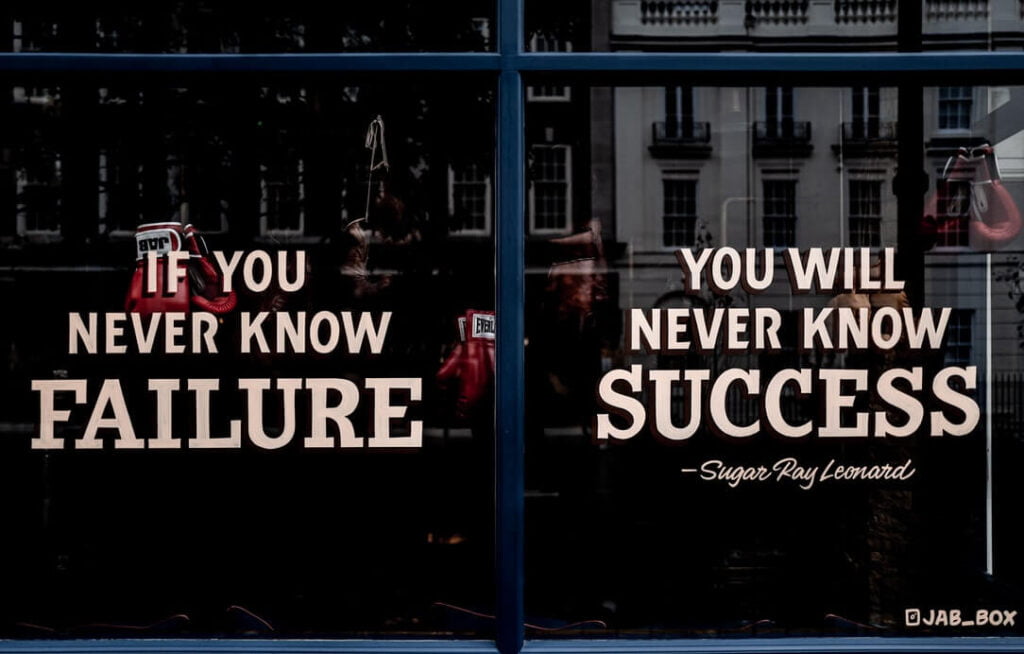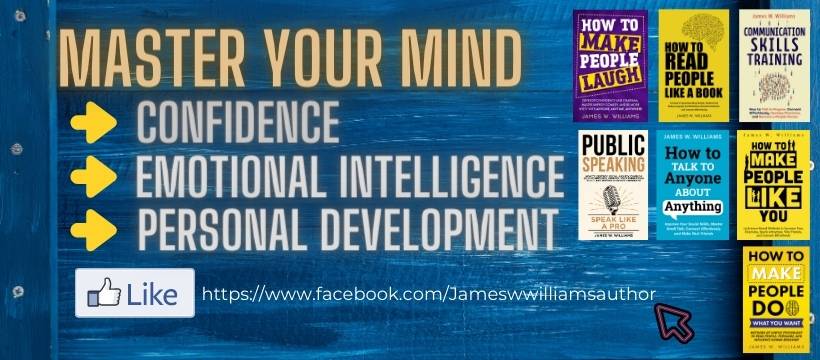
A bad moment, a bad day, or a bad week happens to the best of us from time to time. We usually feel this distraught whenever something doesn’t go our way, or we worked hard yet end up failing anyway. We understand this disappointment. With that, no matter what people say, learning how to deal with failure is its challenge.
However, all this struggle only proves that we’re on our way.
The difficulty shows that we’re on a new level, and if we get through, we’ll come through stronger and better.
Then again, it bears noting that not all of us know how to deal with failure and disappointment. This is understandable because, at some point, our frustrations can truly derail us off course.
We’re here to let you’re not alone in this. Together, let’s unlearn the toxic coping mechanisms and steer ourselves towards more productive courses of action.

The Process of Grief
According to the Swiss researcher and clinician, Elisabeth Kubler-Ross, our experience with failure has the same psychological and emotional dynamic as that of our experience with grief. Given that, she has devised her model to help us understand the process – namely, the Kubler Ross Grief Cycle.
To elaborate, we go through five essential stages. Let’s go over these stages, discuss what happens, and how we can move on from it.
Denial
Denial is defined as the refusal to accept the reality of the failure.
What happens during the denial stage is that we resort to escapist coping mechanisms. This means that we avoid facing the facts, and pretend that this does not exist.
However, we cannot deny something forever. Over time, the certainty of this failure will look us straight in the eye, and we will not be happy about it.
Anger
Anger is defined as the manifestation of our negative response against this failure.
What happens during the anger stage is that we may blame other people. We will start to point fingers and convince ourselves that failure is not entirely our doing. Some of us won’t take a confrontational approach with anger. On the contrary, some people will resort to detachment and hold on to resentment.
However, this is an episode that also does not last. You see, anger is more volatile than it is permanent, so it will eventually subside. When it does, we start to reach out again.
Bargaining
Bargaining is defined as the willingness to come to a compromise. Then again, in this stage, we still have yet to accept the reality of our failures.
What happens during the bargaining stage is that we tend to choose a lesser evil, just to avoid facing the truth that we have failed. During this stage, we don’t come up with sustainable solutions, although it may seem like we are.
We do this because we are trying to avoid the downward spiral of defeat. However, it will catch up on us eventually.
Depression
Depression is the manifestation of our grief. This is when the pain becomes most evident and visible. It is during this stage that we realize the extent of how much we’ve lost, and we may start to contemplate our self-worth.
In our grief, we experience regret, fear, sadness, and worthlessness. We must consider this a critical stage because this is when we may lose most of our self-confidence. However, we can always recuperate. With that, the best thing about this stage is the fact that finally, we have come to face the truth.
Acceptance
Acceptance is characterized as a slow but steady road to stability. This is the stage when we face the facts about our failure, but we are geared towards solving the problem.
It is during this stage that we showcase our understanding of how to deal with failure. That said, we start to be more objective and straightforward. We also hold ourselves accountable because if there is anyone that could get us out of this rut, it would have to be ourselves.
This is the last stage of the grieving process, and it leads out of the ordeal – hopefully, with enough wisdom and determination.
Importance of the Grieving Process
The way our bodies need to recover after an injury, we also need to grieve to heal from our failures. That said, we must guide ourselves through the grieving process. Not only do we need to give ourselves time to think and re-evaluate our choice. We also have to develop the willingness to be better.
You see, we must know growth through our shortcomings. Even though we may feel down in the dumps at the moment, remember that your emotions are not permanent. We must learn to respect our struggles and learn from our mistakes, instead of dwelling on them.
Moreover, Sugar Ray Leonard said it best, “If you never know failure, you will never know success.”

How to Regain your Self Confidence
Now that we understand what happens to us when we grieve our failures, let’s steer ourselves towards productivity. It’s time for us to believe in ourselves and try again. That said, here are three important ways we can go about this.
Conquer the Critic
After every failure, we tend to put ourselves down. In our heads, we tell ourselves that we are never good enough, or that we don’t deserve whatever reward is in store. This is one form of Impostor Syndrome, and this voice inside you becomes a critic.
Don’t let the critic win over you. One way to do this is to re-establish who you are as a person and act according to what you believe is right. Remember that if you have gone so far, you can go further. That said, you can also focus on your accomplishments to negate the demoralizing thoughts.
“You may encounter many defeats, but you must not be defeated. It may be necessary to encounter the defeats, so you can know who you are, what you can rise from, how you can still come out of it.”
Maya Angelou
Fake it ‘til you make it
As much as we’d like to believe, the process is not easy. Acceptance is not a walk in the part, and sometimes, we spend so much time bargaining or being down. However, do not allow yourself this excuse. You see, if you allow yourself to stay in this frame of mind, the chances of you getting better are getting slim. That is why they say, that an object at rest will remain at rest until a force acts upon it.
That said, if you still don’t feel like a winner, you might as well just act like one. This doesn’t have to be rocket science. We can start with good posture. According to a study by the Ohio State University, maintaining a good posture rewires your brain towards productivity and self-confidence. Moreover, we tend to believe in our capabilities more when we assert ourselves with a pose of competence.
To enhance this even better, empower yourself with exercises – both mental and physical. With these activities, you will be re-acquainted with failure, but you will see it as a learning block. This will help you rediscover how much wisdom is in store if you just believe in yourself.
Develop an Equality Mindset
While you are getting the groove back, some negative thoughts may come around to bother you. Those thoughts may tell you how other people are so much better than you, and that if you have to succeed, you need to pull other people down.
Buying into this can create a crab mentality in you, and this can ultimately derail the spirit of collaboration which is not a good way on how to deal with failure. This is exactly why they say that comparison is the root of all unhappiness.
That said, view yourself as someone equal to other people. Whenever you see social media posts of how someone’s life is better, understand that what we broadcast is not essentially the entire truth. This does not mean that you hope the worst for people. Instead, it taps into your empathy, and it allows you to care for others and whatever struggle they are going through.
Help your Fellow
We have all experienced disappointment and frustration, and from those trials, we learn how to deal with failure. That said, pay the gesture forward and help out anyone who may require guidance. The grief of failure can be paralyzing, so shine a light on others.
If you have other strategies on how to deal with failure and regain self-confidence, feel free to leave a comment and share your experience with us. That said, if this content proves to be helpful on your end, please do let us know. Leave a like and share this with your friends as well, so we will know how we can help you better.
You can also join our Facebook Group to engage with people who are eager to succeed in life and are dedicated to being a better version of themselves.






